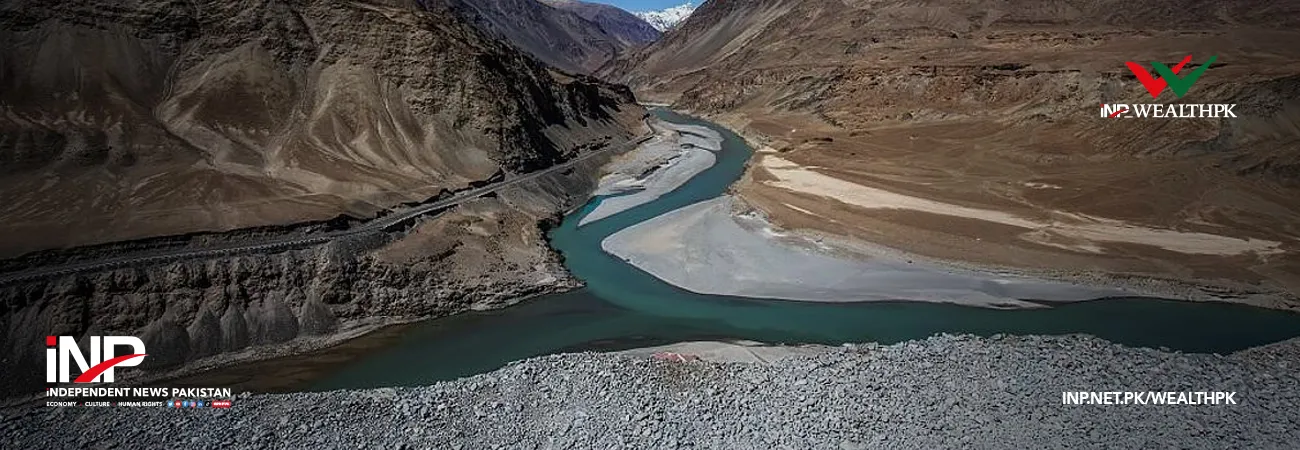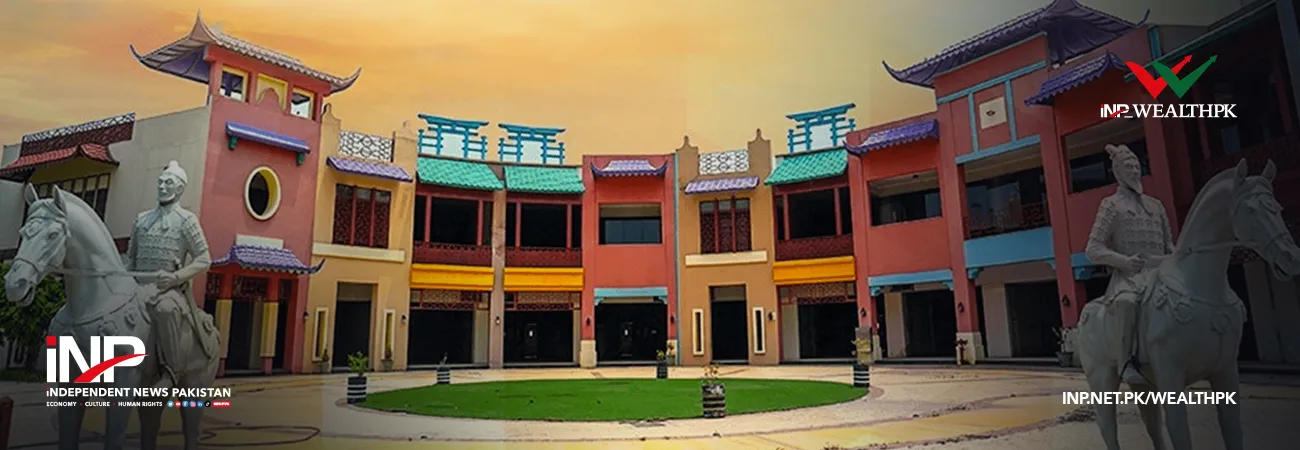INP-WealthPk
Kanwal Naseer
The small and medium enterprises (SMEs) sector is vital to the economies of India, Bangladesh, and Pakistan. However, Pakistan’s regulatory environment for the SMEs is less developed than that of India and Bangladesh, hindering their growth.

Talking to WealthPK, Muhammad Awais, President of the Islamabad Chamber of Small Industries (ICCI), said, “In developing countries like Pakistan, the SME sector faces numerous issues that hinder its full potential. Consequently, the contribution of SMEs to the country’s economic development remains unsatisfactory.” “Key factors contributing to this underperformance include financial constraints, high tax rates, shortage of skilled workers, and outdated technology. Furthermore, an inadequate infrastructure, such as unreliable electricity and insufficient transportation networks, raises the operational costs and reduces efficiency, particularly in rural areas,” he added. Awais further said, “Countries like China, Malaysia, Vietnam, and Thailand illustrate the importance of prioritizing the SME development in their policies. They have recognized that fostering the SMEs can lead to substantial job creation, thereby driving the economic growth. Pakistan also needs to adopt a similar sense of urgency to promote and support its SME sector.”
The World Bank’s report on small and medium enterprises emphasizes the critical need for job creation, projecting that 600 million jobs will be needed by 2030 to absorb the growing global workforce, which makes the SME development a high priority for many governments around the world, particularly in emerging markets, where they generate seven out of ten jobs. In Pakistan, with a population exceeding 230 million, promoting the SME sector is especially crucial given the escalating challenges of poverty and unemployment. Talking to WealthPK, Regional Coordinator Small and Medium Enterprises Development Authority (SMEDA) Asghar Nasar said the importance of the SME sector to the country’s economy was undeniable, with more than 5 million SMEs operating in both formal and informal sectors. These enterprises are involved in various activities, including manufacturing, trade, and services.
However, these businesses are facing various issues, such as lack of capital, limited access to the modern technology, and few investment opportunities. “In today’s world, technology plays a crucial role in the development and advancement of firms, helping them climb the economic ladder in terms of effectiveness and efficiency. In Pakistan, the SME sector relies heavily on the traditional and relatively low-tech crafts, affecting the quality of products and rendering them uncompetitive in the international market.” “Additionally, the weak system of technology transfer among the SMEs, coupled with low research and development (R&D) expenditures, worsens the situation. There is a pressing need to adopt a proactive approach to provide effective technological services to the SMEs in bridging these significant technological gaps that can enable them to thrive and contribute to sustainable economic growth,” he concluded.
Credit: INP-WealthPk













